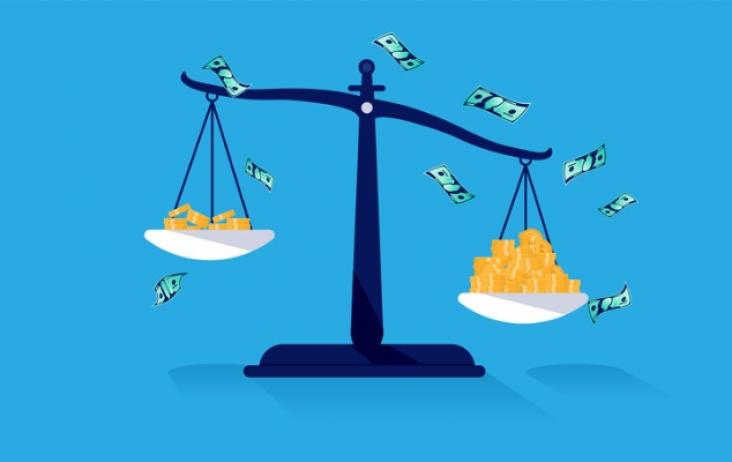
XpertHR's 2023 global research report on pay equity highlighted the critical role of leaders in advancing pay equity strategy. This article discusses three key actions leaders at high-impact organizations take to design and execute on a fair pay strategy that democratizes pay, advances a people-first culture, and improves business outcomes. This article furthers SDG goals 5, 8 and 11.
Transitioning to a post-growth economy — i.e., one that doesn't depend on continued economic expansion and resource utilization (SDG 8) — is increasingly seen as necessary to address the climate crisis (SDG 13) and live sustainably within the resource limits of the planet. This One Earth Perspective Article offers policies that could address some of the challenges associated with post-growth economics (i.e., how to avoid recession).
Knowledge of biological diversity is a major source of innovation. Collective intellectual property of traditional knowledge by Indigenous peoples and local communities is an important source of innovation and product development. This article investigates collective intellectual property systems on the traditional knowledge of Aspalathus linearis, also known as rooibos—an endemic plant from South Africa which is the basis of an important herbal tea industry. The article discusses how collective action and self-organization can generate collective intellectual property systems; indigenous peoples and local communities can develop these systems to protect their IP; how these systems can promote social justice and a more equitable distribution of benefits but can be sources of dispute between socio-economic groups and communities and can reproduce historical inequalities and power asymmetries.

As artificial intelligence (AI) and machine learning become increasingly embedded in recruiting and hiring processes, employers must be aware of the potential discrimination risks these tools can pose. This article relates to SDGs 5, 8, and 10
This One Earth Perspective makes policy recommendations for how global finance institutions can support low-carbon development (SDG 13) in low-income nations (SDG 10) and foster clean economic growth (SDG 8).
Wealthy countries that have benefited from fossil-fueled development have agreed to help low-income countries develop more sustainably (SDG 13). Investment in e.g., clean energy is greatly needed (SDG 7), but this One Earth Research Article shows that low-income countries are seen as 'high risk' and not receiving sufficient investment in clean energy, perpetuating inequality (SDG 10).
This paper supports SDG 3 and 8 by examining both the role of working conditions in the development of mental disorders, and what can be done to protect and promote mental health in the workplace.
UN's Summit of the Future 2024: Paving the Path for SDG Resources
This One Earth Review Article discusses how the term 'phase out' has allowed various stakeholders to work towards more sustainable goals, most recently relevant to the 'phase out' goals for coal and fossil fuels (SDG 13).

Recognising our customers' exceptional work to achieve the United Nations' Sustainable Development Goals
